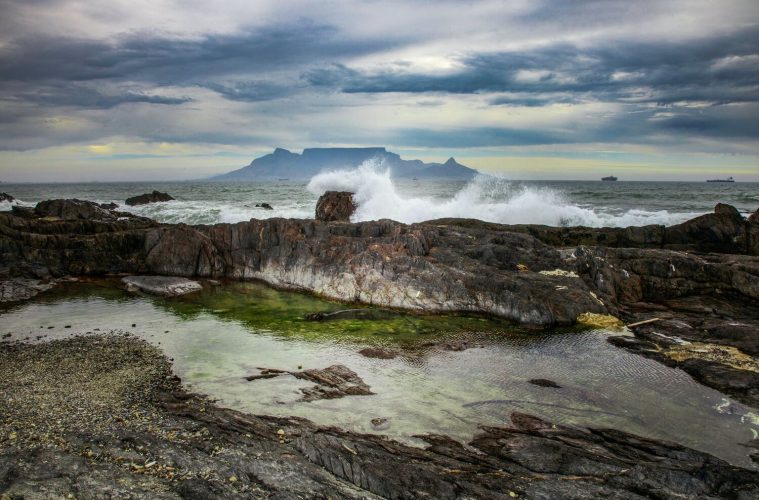Bloubergstrand, one of Cape Town’s most beloved tourist destinations, is under threat due to rising sea levels, which could lead to its significant shrinkage by the end of the century.
According to a recent study conducted by HawaiianIslands.com, based on European Commission data estimating global shoreline changes, Bloubergstrand is predicted to lose approximately 112.1 metres of its shoreline by 2100, making it the 9th most at-risk tourist beach in Africa.
This alarming revelation serves as a stark reminder of the impending consequences of climate change on our precious coastlines. While sandy beaches constitute over one-third of the world’s coastline, we could potentially lose almost half of them by the end of this century.
Bloubergstrand’s plight reflects a global crisis that demands immediate and concerted action from the world’s major political and economic powers.
Beaches hold more significance than mere aesthetics; they are dynamic ecosystems relied upon by various bird species, insects, shellfish, turtles and, of course, humans.
They act as natural buffers between the wild ocean and essential agricultural and infrastructural developments on land, safeguarding lives and livelihoods from intensified climate breakdown-induced storms and erosion.
The threat posed by rising sea levels and erosion is not limited to Bloubergstrand Beach alone. The study also identified other tourist beaches at risk around the world.
For instance, Landmark Beach in Lagos, Nigeria, is projected to lose a staggering 918.3 metres of shoreline by 2100, surpassing all other tourist beaches in the world. Playa Akumal in Cancún, Mexico, faces a loss of 265.9 metres, making it the most at-risk beach in North America.
The situation is critical and while some slow shoreline changes are natural, the accelerated loss of sandy beaches necessitates immediate attention. Coastal sedimentation and ‘landrise’ may compensate in certain areas, but unless significant and responsible action is taken, we stand to lose a substantial portion of the world’s sandy beaches.
It is imperative for every country with beaches to recognise the importance of preserving these natural treasures, not only for their cultural and historical significance but also for the protection they provide against rising sea levels and erosion.
Tourist beaches, in particular, require special attention due to their high footfall and their contribution to the local economy through tourism.
ALSO SEE:
Feature image: Unsplash
Originally written by for Cape {town} ETC.

